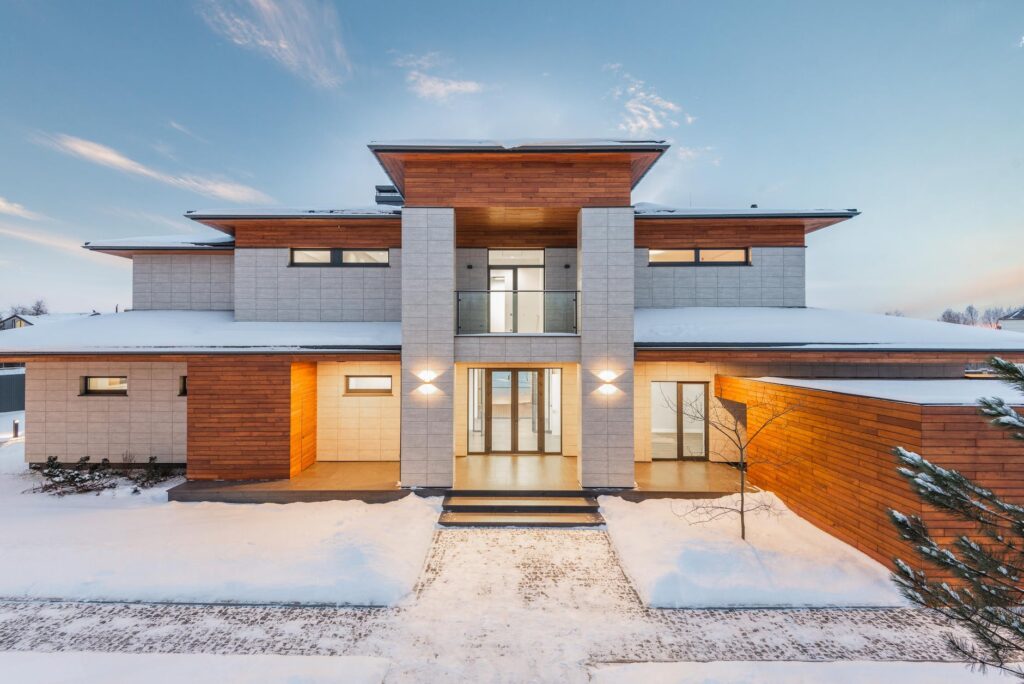
Introduction
Residential construction is a complex process. It involves many moving parts, from subcontractors and materials to clients and general contractors. In this article, Mark Mariani will discuss some of the common challenges faced by residential construction companies and how they can be overcome.
Unclear scope of work
The scope of work is the outline of what a project will entail. It should be clear, concise and agreed upon by both parties before work begins. If you don’t have a clear scope of work, there’s greater risk for misunderstandings and delays in getting your home built.
A good way to think about it: You wouldn’t buy an expensive new car without knowing what features it has and how much it costs–a clear understanding of what you’re buying helps ensure that your expectations are aligned with reality. The same goes for residential construction projects; having a clear understanding beforehand will help avoid unnecessary confusion later on when things aren’t going as planned or expected
Poorly managed materials
Poorly managed materials can be a major source of delays and extra costs in residential construction. Materials often represent the biggest expense in a project, so it’s important to keep them organized and on schedule. Poorly managed materials include:
- Incomplete or inaccurate ordering forms
- Inadequate storage space for storage containers, pallets and boxes (i.e., no room for temporary storage)
- Failure to check shipping documentation before accepting shipments
Inexperienced subcontractors
- How to find good subcontractors
- What to look for when hiring a subcontractor
- How to do if you have a bad subcontractor
Inconsistent communication
- Communication is key to a successful project. In order for your team to be on the same page, you need to make sure everyone knows what’s going on at all times.
- Technology is your best friend here: use it!
Residential construction is challenging at times, but there are ways to overcome those challenges.
There are a number of challenges that can arise during residential construction. The most common ones include:
- Understanding the scope of work. As a general contractor, you need to understand what’s being asked of you and your team before moving forward with any project. This includes understanding what materials will be needed and how much time each step will take.
- Managing materials properly. You also need to ensure that all materials are accounted for so they don’t get lost or misplaced during the course of construction; otherwise, projects could come up short on supplies and lead to delays in getting them delivered on time–or worse yet, having an incomplete home when it comes time for installation!
- Hiring experienced subcontractors who know their way around residential projects like yours (and maybe even have helpful tips). Your goal should always be hiring subcontractors who specialize in whatever aspect(s) of construction interest them most–and then trusting them enough so that everyone works together smoothly toward completing this project successfully!
Conclusion
Residential construction is a complex process that involves a lot of people and materials. It can be difficult to manage the many moving parts involved in building a home, but if you keep these tips in mind when working on your next project, it will be much easier: